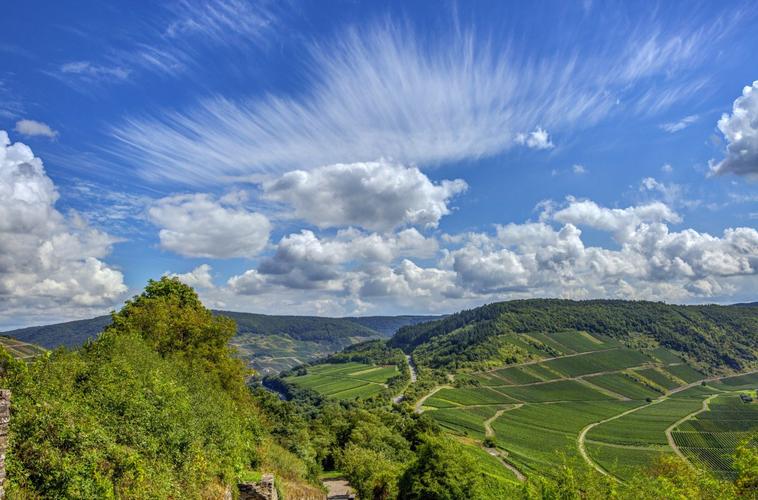Uncovering Afghanistan’s Fascinating Past and Present
Afghanistan is a country known for its stunning natural beauty, ancient architectural marvels, and rich cultural heritage. Situated in the heart of South Asia, Afghanistan has been a crossroads of trade and a melting pot of different civilizations for centuries. Despite the ongoing conflicts and political turmoil, Afghanistan holds an immense potential for cultural tourism and is gradually regaining its position as a major cultural hub of the region. In this article, we delve into the rich history and diverse culture of Afghanistan, to give you a glimpse of what makes this country so unique and fascinating.
The Artistic Legacy of Afghanistan
Afghanistan has a rich artistic tradition that dates back to the ancient Persian and Greek empires. The magnificent Buddha statues of Bamyan, which were carved into the cliffs by Buddhist monks in the fifth century, are a testament to the country’s artistic legacy. Unfortunately, they were destroyed by the Taliban in 2001, sparking international outrage. However, there are still many artistic treasures in Afghanistan that have survived, such as the exquisite calligraphy and miniature paintings found in the illuminated manuscripts of the Mughal Empire.
The Diversity of Afghan Culture
Afghanistan is a culturally diverse country with a multitude of ethnic communities, each with their own unique traditions and customs. From the nomadic Kuchi tribe, who roam the deserts of southern Afghanistan with their herds of camels and sheep, to the Hazaras, who are descended from Mongol conquerors and are known for their intricate needlework and pottery, Afghanistan’s cultural diversity is truly mesmerizing. The Pashtuns are the largest ethnic group in Afghanistan, with their own Pashto language and tribal customs that have shaped Afghanistan’s political and social landscape for centuries.
The Role of Women in Afghan Society
One of the most significant aspects of Afghan culture is the role of women in society. Women in Afghanistan have had a complex and sometimes contentious relationship with patriarchal norms and traditional customs. The Taliban regime of the 1990s imposed extremist interpretations of Islamic law that severely restricted women’s freedoms, including their right to education and employment. However, since the fall of the Taliban, there have been significant gains in women’s rights and opportunities, with more women entering politics, education and the workforce. Today, Afghan women are leading grassroots movements for social change and challenging the status quo in ways that were once unthinkable.
The Future of Afghanistan’s Cultural Heritage
Despite the ongoing conflict and political instability, Afghanistan’s cultural heritage is gradually being safeguarded and preserved. Organizations such as the Aga Khan Trust for Culture are working tirelessly to restore historic sites and promote cultural tourism. Afghanistan’s rich cultural legacy is also being showcased through art exhibitions, music festivals, and literary events held around the world. As Afghanistan transitions into a more stable and prosperous future, its cultural heritage will remain an enduring source of inspiration and pride for generations to come.
Conclusion
Afghanistan is a country with a rich history and diverse culture that is waiting to be explored. From the soaring peaks of the Himalayas to the bustling bazaars of Kabul, Afghanistan offers a unique experience that is both enriching and inspiring. Despite the challenges it faces, Afghanistan’s cultural heritage and artistic legacy continue to inspire people around the world. We hope this article has given you a glimpse into the fascinating world of Afghanistan’s past and present, and encouraged you to discover more about this captivating country.
(Note: Do you have knowledge or insights to share? Unlock new opportunities and expand your reach by joining our authors team. Click Registration to join us and share your expertise with our readers.)
Speech tips:
Please note that any statements involving politics will not be approved.
